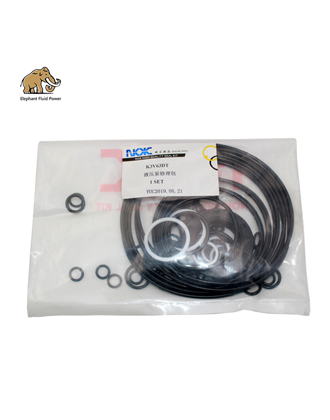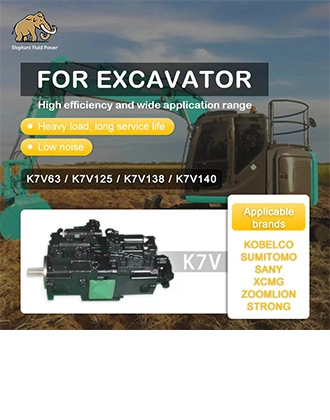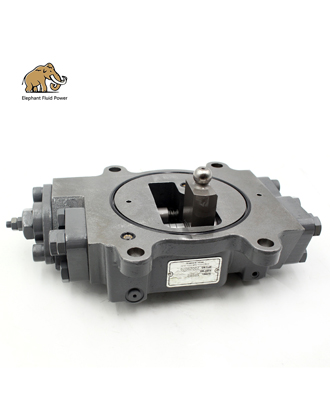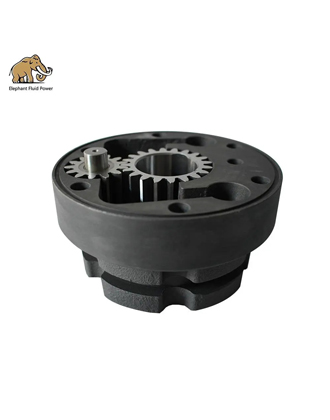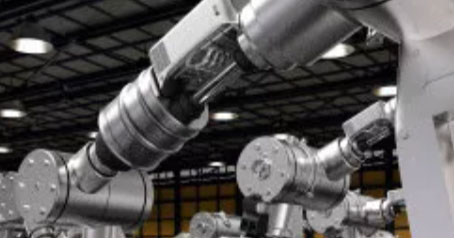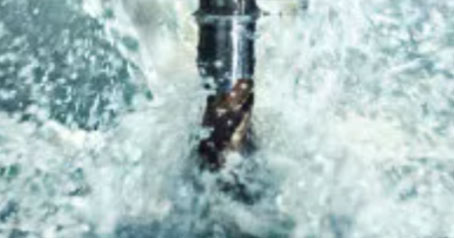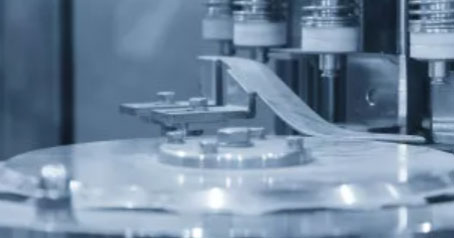The manufacturing of hydraulic directional valves demands a meticulous approach to ensure the components' quality, reliability, and performance. From design to testing, every step in the manufacturing process plays a crucial role in producing valves that meet industry standards and customer expectations. In this blog, we will delve into the measures taken to ensure the quality of hydraulic directional valves.
Robust Design and Engineering
Quality begins with a well-thought-out design. Engineers meticulously design hydraulic directional valves to meet specific performance criteria, considering factors like pressure ratings, flow rates, and environmental conditions. Computer simulations and modeling are used to analyze the valve's behavior before physical production begins. This step helps identify potential issues and ensures that the valve will function as intended.
Material Selection and Inspection
The choice of materials significantly impacts the valve's durability and performance. High-quality materials that can withstand pressure, corrosion, and wear are selected. Additionally, strict material inspection protocols are in place to verify the materials' integrity and conformity to specifications. This helps prevent defects that could compromise the valve's functionality.
Precision Manufacturing and Assembly
Modern manufacturing techniques, such as CNC machining, enable precise production of valve components. Each component's dimensions are held to tight tolerances, ensuring proper fit and functionality. During assembly, skilled technicians follow detailed procedures to ensure that all components are correctly positioned and securely fastened. This attention to detail prevents leaks, malfunctions, and premature wear.
Rigorous Testing Procedures
Testing is a critical phase in hydraulic directional valve manufacture. Each valve undergoes a series of tests to evaluate its performance under various conditions. Pressure testing checks for leaks and assesses the valve's ability to withstand pressure without failure. Flow testing ensures that the valve controls fluid flow accurately and consistently. Additionally, endurance testing simulates real-world usage to determine the valve's lifespan and potential points of failure. Quality control checks are performed at multiple stages of the manufacturing process. Visual inspections verify that components are free from defects, imperfections, or irregularities. Measurements are taken to confirm that dimensions match specifications. Statistical process control techniques are employed to monitor production consistency and identify deviations that may indicate potential issues.
Hydraulic directional valve manufacturers adhere to industry standards and regulations. Standards set by organizations such as the International Organization for Standardization (ISO) and the American Society of Mechanical Engineers (ASME) ensure uniformity, safety, and performance across products. Adhering to these standards helps maintain the highest level of quality and reliability. The manufacture of hydraulic directional valves is a complex process that requires unwavering commitment to quality. From design and material selection to manufacturing, assembly, testing, and compliance with standards, every step is carefully executed to produce valves that excel in performance and reliability. As these valves continue to play a critical role in diverse industries, ensuring their quality remains paramount to the success and safety of various applications.
 French
French
 Portuguese
Portuguese
 Russian
Russian
 German
German
 Spanish
Spanish
 Japanese
Japanese
 Korean
Korean
 Irish
Irish
 Greek
Greek
 Turkish
Turkish
 Italian
Italian
 Danish
Danish
 Romanian
Romanian
 Indonesian
Indonesian
 Czech
Czech
 Afrikaans
Afrikaans
 Swedish
Swedish
 Polish
Polish
 Basque
Basque
 Catalan
Catalan
 Esperanto
Esperanto
 Hindi
Hindi
 Lao
Lao
 Albanian
Albanian
 Amharic
Amharic
 Armenian
Armenian
 Azerbaijani
Azerbaijani
 Belarusian
Belarusian
 Bengali
Bengali
 Bosnian
Bosnian
 Bulgarian
Bulgarian
 Cebuano
Cebuano
 Chichewa
Chichewa
 Corsican
Corsican
 Croatian
Croatian
 Dutch
Dutch
 Estonian
Estonian
 Filipino
Filipino
 Finnish
Finnish
 Frisian
Frisian
 Galician
Galician
 Georgian
Georgian
 Gujarati
Gujarati
 Haitian
Haitian
 Hausa
Hausa
 Hawaiian
Hawaiian
 Hebrew
Hebrew
 Hmong
Hmong
 Hungarian
Hungarian
 Icelandic
Icelandic
 Igbo
Igbo
 Javanese
Javanese
 Kannada
Kannada
 Kazakh
Kazakh
 Khmer
Khmer
 Kurdish
Kurdish
 Kyrgyz
Kyrgyz
 Latin
Latin
 Latvian
Latvian
 Lithuanian
Lithuanian
 Luxembourg
Luxembourg
 Macedoniar
Macedoniar
 Malagasy
Malagasy
 Malay
Malay
 Malayalam
Malayalam
 Maltese
Maltese
 Maori
Maori
 Marathi
Marathi
 Mongolian
Mongolian
 Burmese
Burmese
 Nepali
Nepali
 Norwegian
Norwegian
 Pashto
Pashto
 Persian
Persian
 Punjabi
Punjabi
 Serbian
Serbian
 Sesotho
Sesotho
 Sinhala
Sinhala
 Slovak
Slovak
 Slovenian
Slovenian
 Somali
Somali
 Samoan
Samoan
 Scots Gaelic
Scots Gaelic
 Shona
Shona
 Sindhi
Sindhi
 Sundanese
Sundanese
 Swahili
Swahili
 Tajik
Tajik
 Tamil
Tamil
 Telugu
Telugu
 Thai
Thai
 Ukrainian
Ukrainian
 Urdu
Urdu
 Uzbek
Uzbek
 Vietnamese
Vietnamese
 Welsh
Welsh
 Xhosa
Xhosa
 Yiddish
Yiddish
 Yoruba
Yoruba
 Zulu
Zulu

